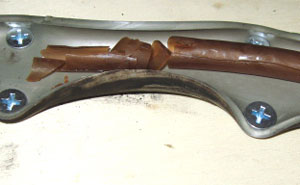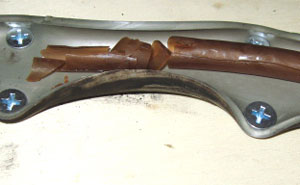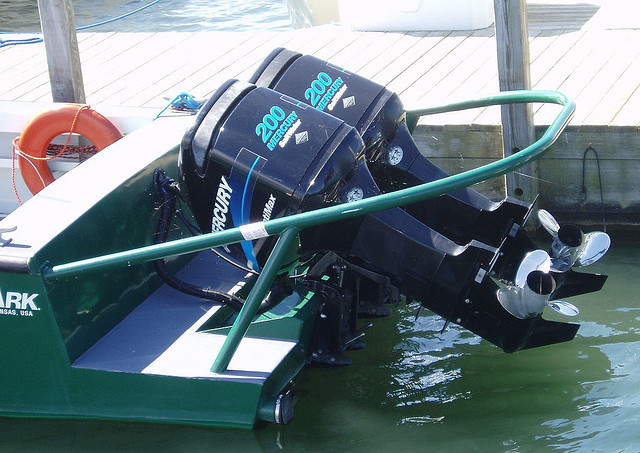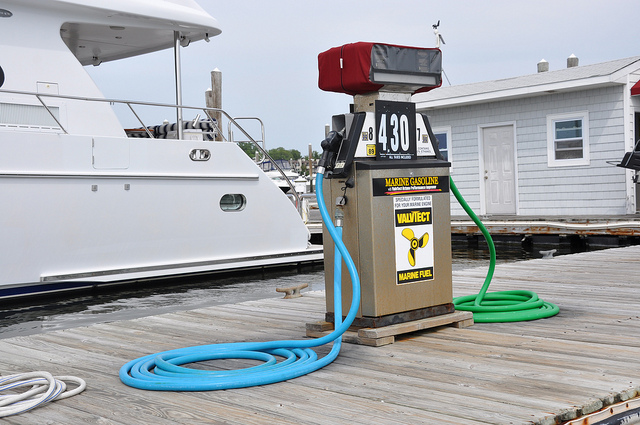Water in Fuel - The No. 1 Fuel Concern for Boats & Watercraft
Even though boats are made for use on the water, their engines are not designed to hold water.
1 min read
Bell Performance : Aug 3 2011

Boaters have now had the better part of the summer to assess the situation with ethanol blends and their watercraft. So what’s the assessment?
There seem to be conflicting messages being offered to consumers when it comes to the boating industry. On the one hand, the accounts abound about weakened and dissolve rubber and plastic, caused by ethanol solvency. On the flip side, boating enthusiasts watched as agreements were put into the place making ethanol the ‘official fuel of the 2011 National Boat Racing Association’.
Make no mistake, new corporate sponsorships like the one above still do not change the situation out in the real world. Marinas up and down the coasts are up in arms about the damage that ethanol blends are doing to all different types of gas-powered motors. This means great business for repair shops and bad news for boaters.
News on Fuel Lines
 For owners of new boats, help is on the way in the form of fuel lines made of newer, more resistant materials. At least they are in theory. The new lines technically were changed to meet new EPA standards on being impermeable of fuel vapor. Some infer that this also means the new lines are more resistant to ethanol solvency. We will see about that.
For owners of new boats, help is on the way in the form of fuel lines made of newer, more resistant materials. At least they are in theory. The new lines technically were changed to meet new EPA standards on being impermeable of fuel vapor. Some infer that this also means the new lines are more resistant to ethanol solvency. We will see about that.
Fuel lines are a double-edged sword for boaters. They have constant exposure to heat and UV radiation, along with being crimped and bent over long periods of time. Many fuel lines have a urethane core on the inside of a durable PVC outer layer. It is the urethane layer that cures and hardens and reacts to the high ethanol concentrations (60-70% when phase separation has occurred). Before long these core breaks off into pieces and ends up further down the line, clogging the fuel filter or other places.
If you don’t have the option to invest in new lines and seals for your boat, your most economical solution will be to treat your ethanol fuel. Bell Performance has been manufacturing solutions to these problems for decades (outlasting the here-today-gone tomorrow competition) with problem-solving formulations that solve ethanol problems without alcohol.
You be interested in the following related posts:

Even though boats are made for use on the water, their engines are not designed to hold water.

Owning a boat is a labor of love for many of us in that we only get to use them for parts of the year and they're very time-consuming to maintain.

Boat engines aren’t designed to handle large volumes of water despite all the time they spend out in the marine environment. Boaters that use fuel...